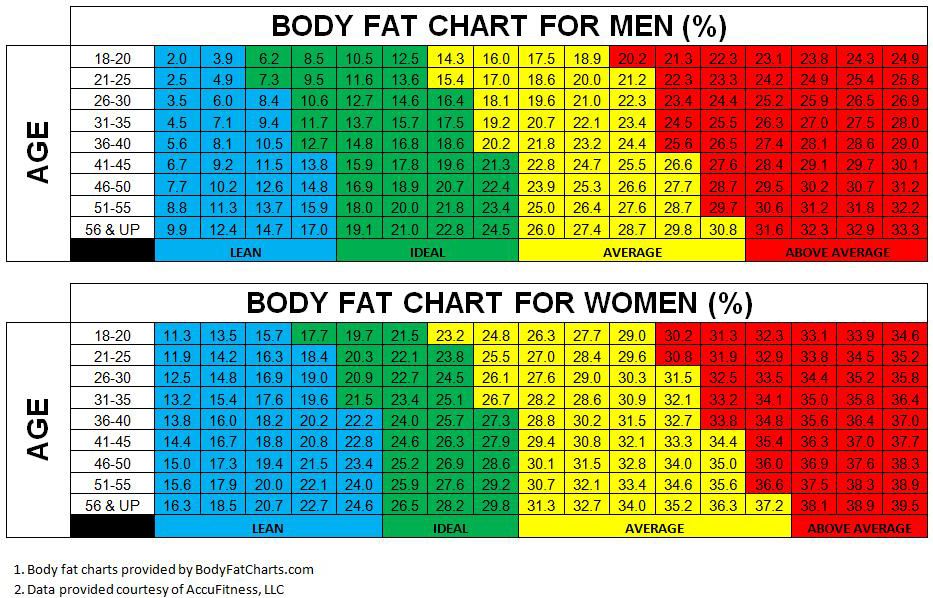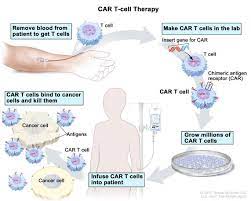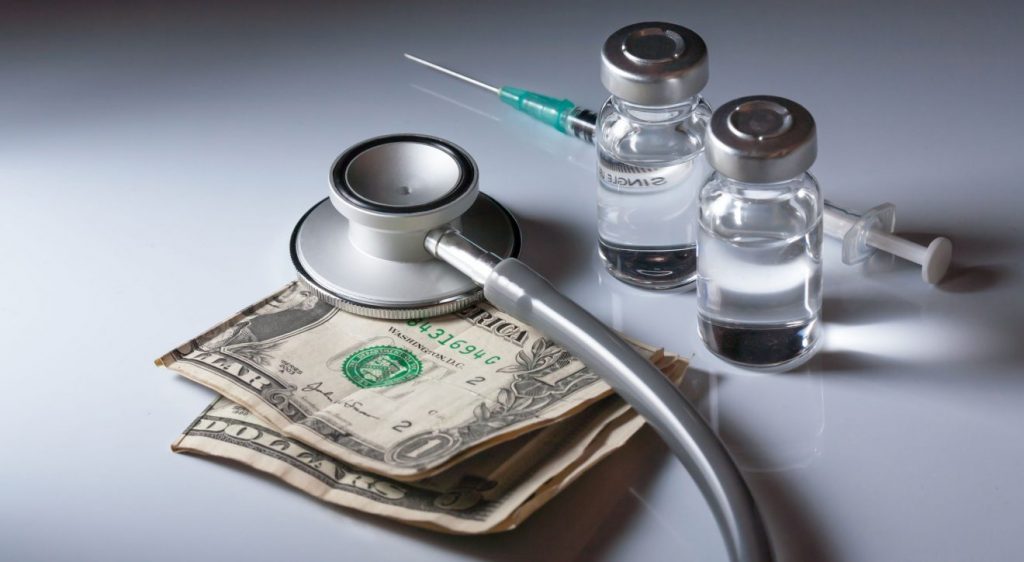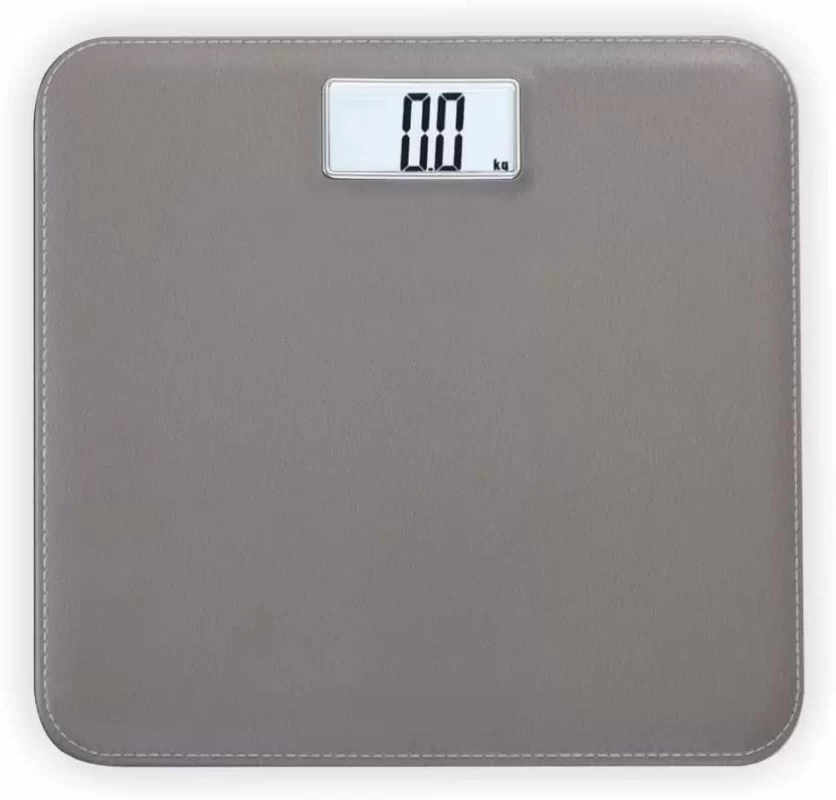Allied Market Research published a report, titled, “Body Fat Measurement Market by Product (Calipers, Body scales, Others), by Technique (Bio Impedance Analysis, Air Displacement Plethysmography, Dual Emission Xray Absorptiometry, Hydrostatic Weighing, Others), by End User (Hospitals and Clinics, Fitness Clubs and Wellness Centers, Home Users): Global Opportunity Analysis and Industry Forecast, 2022-2031.” According to the report, the global body fat measurement industry generated $395.13 million in 2021 and is estimated to reach $765.0 million by 2031, witnessing a CAGR of 6.8% from 2022 to 2031. The report offers a detailed analysis of changing market trends, top segments, key investment pockets, value chain, regional landscape, and competitive scenario.
Drivers and Opportunities
Increase in obesity among population, rise in consumer awareness regarding the adverse effects of obesity on health and the importance of a healthy lifestyle, development of advanced technologies, and several strategies adopted by the key players are expected to fuel the growth of the global body fat measurement market. However, high cost of body fat measurement devices and radiation exposure in some devices hinder the market growth. On the other hand, surge in promotion of healthy lifestyle, rise in healthcare expenditure, and increase in consumer disposable income present new opportunities in the market in future.
Impact of Covid-19 on Body Fat Measurement Market-
- The outbreak of the COVID-19 pandemic hampered the growth of the global body fat measurement market.
- Many clinics and hospitals across the globe were restructured to accommodate more number of patients diagnosed with COVID-19. Non-essential procedures were given less priority due to rapid surge in COVID-19 cases.
- Lockdowns resulted in the disruption of manufacturing and transportation of healthcare essentials. Furthermore, there were limited availability of medical care, shortage of healthcare staff, and rise in patient hospitalization. Parks, gyms, and fitness centers were closed to prevent the virus spread, thus reducing daily physical activities and minimizing the demand for body fat measurement devices for monitoring health.
- Conversely, with the pandemic receding, companies in the space began their operations at their full swing and the market is in the path of recovery.
The fitness clubs and wellness centers segment to dominate the market in terms of revenue during the forecast period
Based on end user, the fitness clubs and wellness centers segment contributed to the largest share of more than three-fifths of the global body fat measurement market in 2021, and is expected to rule the roost during the forecast period. Moreover, the same segment is projected to witness the fastest CAGR of 7.1% from 2022 to 2031, owing to surge in gyms & wellness centers and increase in awareness regarding health among the population. The research also analyses the segments such as hospitals & clinics and home users.
The bio impedance analysis segment to maintain its lion’s share during the forecast period
Based on technique, the bio impedance analysis segment held the largest share of more than two-fifths of the global body fat measurement market in 2021, and is expected to maintain a prominent growth during the forecast period. Moreover, the same segment is likely to exhibit the highest CAGR of 7.4% in 2031. This is due to the increase in use of bio-impedance analyzers, owing to their accuracy, rapid results, and ease of handling.
Asia-Pacific to achieve the fastest growth by 2031
Based on region, Asia-Pacific is anticipated to manifest the fastest CAGR of 7.7% during the forecast period, 2022-2031, owing to the surge in obese population and increase in health awareness in this region. However, North America held the largest market share in 2021, accounting for more than two-fifths of the global body fat measurement market, and is likely to lead the trail throughout the forecast period. This is attributed to technological advancements in body fat measurement techniques, integration of advanced devices and software processes in body fat measurement devices, presence of key players and robust infrastructure in the region. The other regions discussed in the report are Europe and LAMEA.





